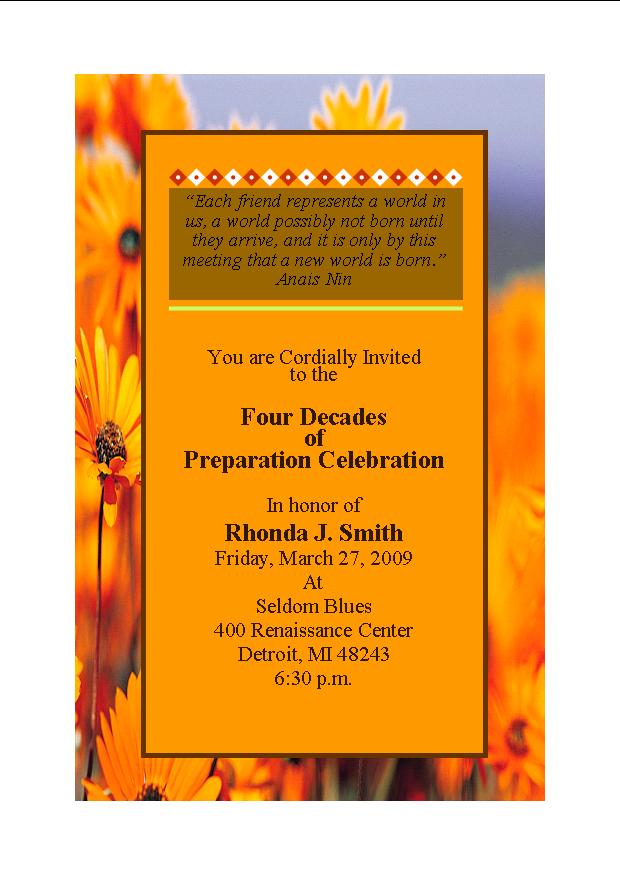From the womb I was determined to be some of what God intended for me but mostly what I thought I should be.
I had a steely demeanor, they tell me, crying till no end until my grandma let me gum at 7 months chicken and cornbread smashed up in pot liquor from collard greens. I was satisfied, had cried till I got what I wanted, and sometimes I just sat until I got ready to do what I wanted. That’s what happened when I walked. I never crawled. Just sat around and watched my sister walk and one day decided I, too, should do that.
At 2, I hid food behind the couch so I could curb late night munchies when the kitchen was closed. At 5, I befriended my now oldest friend. Throughout primary school I protected her till no end when people would tease her for her proper ways and wearing party dresses on school days. In elementary school I fought Ronnie, Aisha and Tonya ’cause I wasn’t gon’ let them run me. I didn’t let them copy my work and punk me out because I was smart, sharp and short. I was determined to be me, some of what God intended for me but mostly what I thought I should be.
So in junior high I didn’t grovel when my 7th and 8th grade friends became my nemeses. I kept my head high when I wanted to cry at being left out and talked about, the butt of all the jokes. Still I pressed on and made it through, went to high school where I developed a new crew of friends, even my 8th grade nemesis. But as you know, that group didn’t last, but I found where I belonged. Yes, the friends came and are still here, but I gained an understanding of me.
Unshakable and unstoppable, I plug away at problems, involving others to help me solve them. Even with this I now give more than lip service to saying “God is the head of my life.” He challenges me, helping me to see what’s wrong and right in my life and how I need to improve and help others to smooth their rough spots. And I can do this because He put it in me to spur, and inspire, to assist without being hired. From God’s love I have learned not to physically fight and stand up for my rights like I want to. He’s taught me and kept me focused, even by sending me women who have wanted my best.
These women are my mommas and teachers, my sisters and friends who all have played a part in shaping my heart. So this Women’s History Month I pay tribute to these wonder women who have helped me evaluate who I think I should be and lovingly encourage me to become what God intended for me to be.
Copyright 2010 by Rhonda J. Smith

